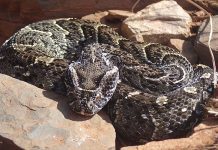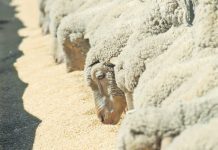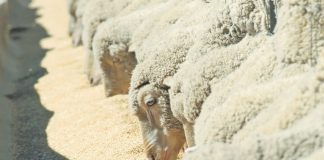Until now, establishing which lambs are the offspring of which ram has largely been a matter of guesswork. But Australian researchers claim that a new, low-cost DNA test can verify sheep parentage, helping breeders worldwide to record accurate pedigrees and maximise the genetic potential of their flock. According to Commonwealth Scientific and Industrial Research Organisation (CSIRO) project leader James Kijas, DNA testing has not been widely adopted by the sheep industry due to its high cost.
“A major advantage of the DNA markers we’ve identified is that they work through a technology that’s cheap to deliver, while providing much higher accuracy than any other approach,” he says. “The DNA markers will work efficiently not only in Australian flocks, but in any sheep breed, and this should keep the cost of using the markers low.”
The test is being developed by the Co-operative Research Centre for Sheep Industry Innovation (Sheep CRC), Sheep Genetics – a national genetic information and evaluation service – and CSIRO. Kijas told the International Society of Animal Genetics conference in Cairns that he hoped to see the genetic markers become the global standard for accredited DNA-based parentage testing in sheep.
Currently, stud breeders wanting to know the paternity of lambs use single-sire mating, where only one ram is allowed access to a group of fenced-in ewes. To determine maternity, they usually ‘mother up’ lambs to ewes soon after birth based on their proximity in the paddock. However, ‘mis-mothering’ is a common and often undetected problem. With DNA testing, producers will get close to 100% accurate assignment of both paternity and maternity without the need for single-sire mating or mothering up.
Large-scale trials are set to take place during coming months through the Sheep CRC, which will be spearheading efforts to commercialise the test. “As well as aiding long-term breeding goals for improved sheep products, the DNA markers could also open the door for reliable international product trace-back,” notes Kijas.












